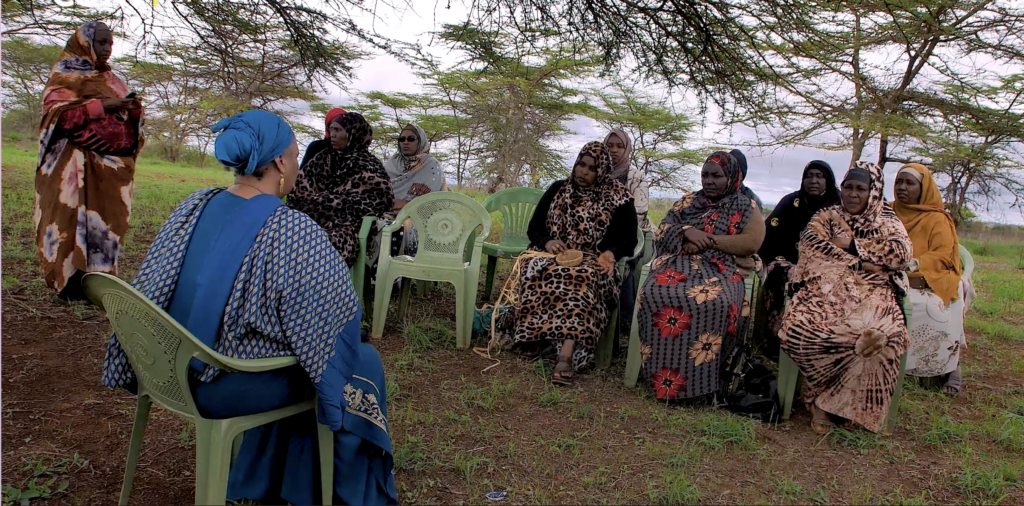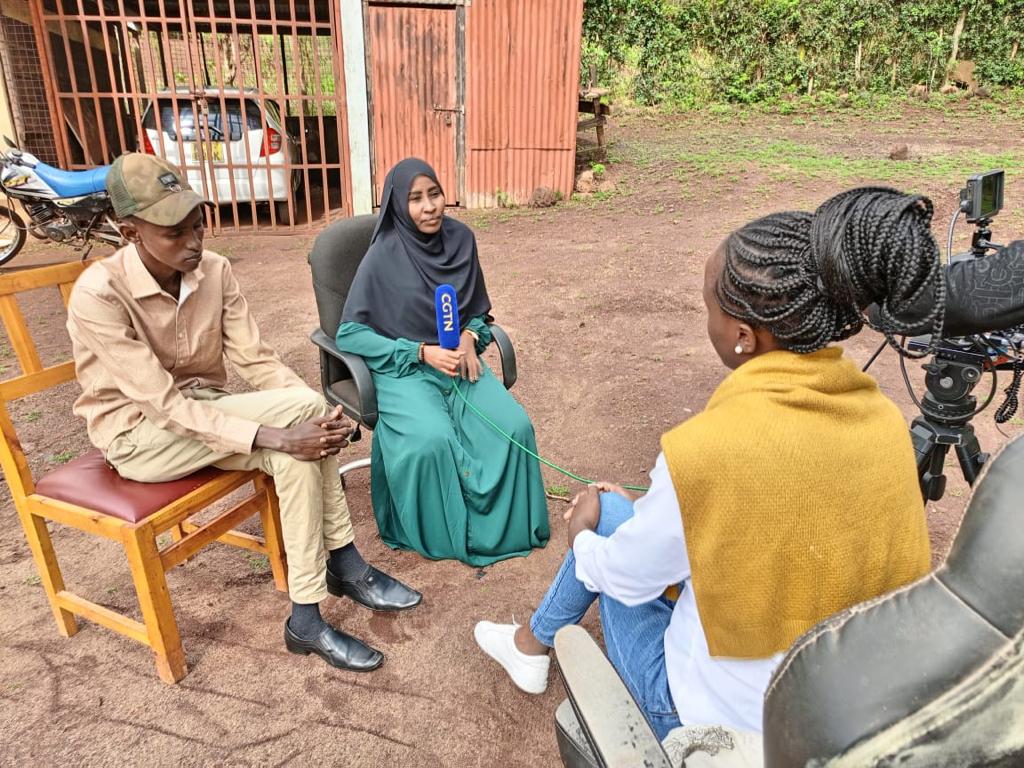Kenyan based NGO commits to ending FGM in northern Kenya
More than 200 million girls and women have undergone female genital mutilation (FGM) in 30 countries in Africa, the Middle East, and Asia. According to UNICEF, 15 percent of women and girls in Kenya have suffered FGM.

The East African Centre for Human Rights (EACHRights) wants to eliminate this harmful practice. In partnership with organizations such as the Marsabit Women Advocacy for Development (MWADO), state agencies, and community elders, the group uses a multifaceted approach in accelerating awareness and the fight towards ending FGM.
45-year-old Adhi Malsedhe used to be a female cutter in this region but no longer engages in the harmful practice.
‘The reason why we used to circumcise girls in the past is because it is our tradition. It was said if girls are not mutilated the boys do not marry them.’’
For Malsedhe, FGM was also a source of income used to feed her family.
‘’I wasn’t paid much, but it would help me with stuff at home. I was paid sometimes 500 Kshs (about four U.S. dollars)
Effort to eliminate female genital mutilation faces challenge
Efforts to eliminate female genital mutilation in Marsabit County, Kenya, face several challenges. These challenges are often deeply rooted in cultural beliefs, social norms, and economic factors.
‘’We have a lot of cases that are not reported, like FGM is still at 99 percent, but the problem now is that the cases are not reported, so it becomes challenging to us to get all that data’’, Medina Dogo a child protection officer at Marsabit County says.
“The community is reluctant to share information. That is the major problem because you cannot act without information and you cannot prosecute anyone if you don’t have evidence”.

However, all is not lost. The actors resorted to working closely with the community by making them aware of the effects of FGM.
“We still have visits in these remote villages that still practice FGM, and talk to them”, Dogo says.
Elders have also not been left behind. Their rallying call is that FGM is a violation of human rights.
‘’Right now, with these programs organized by MWADO, we know that FGM is illegal. As much as all my daughters underwent this practice, I now know it has no benefits whatsoever,’’ according to Adan Tego, a clan elder.
‘’Like men in this society, we are aware of the negative effects of FGM and are aware of its side effects.
For example, the girls during birth delivery there who have gone through FGM during delivery, the one who has gone through FGM, you’ll find she has prolonged labor’’, Mohammed Hassan says.
New policy launched to increase awareness of the dangers of FGM
EACHRights has supported the development of the draft Marsabit Integrated Child Protection policy that includes measures to be undertaken in addressing negative vices such as FGM.
‘’We began our programming around FGM in 2016 in Marsabit together with two other counties, Garissa and Kajiado, so since then we have made some strides. First, our biggest achievement is the ongoing formulation of the Marsabit integrated child protection policy which of course talks in detail about some of the interventions that are required to address FGM’’, according to EACHRights Project Manager, Marcelino Waithaka.
According to Marsabit County gender director Annamaria Qalla Denge, the continuous awareness programs undertaken by Marsabit County are starting to bear fruits but more needs to be done.
‘’We also want at least even our leaders to be with us so that they can change these people, talk to them and change them because only if the department and these civil society organizations are coming to them and it’s not coming from their own leaders, they will not listen to us much.’’
The Marsabit County government has been working round the clock with its partners to ensure that girls can access education and endless sensitization programs around FGM are being held in schools to empower the girls.
In 2011, Kenya passed legislation barring female genital mutilation, also called female circumcision. The legislation imposed harsh penalties on those involved in cutting girls and women, including a minimum fine of 1,800 U.S. dollars or three years’ imprisonment.






